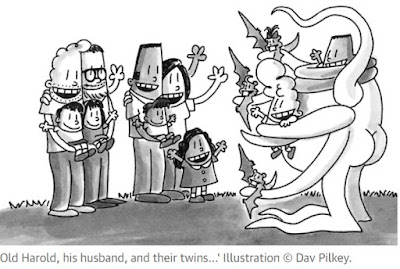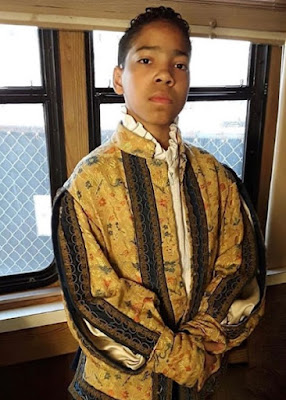He was a blond, beefy screen hunk with a deep voice and a hairy chest, who took off his shirt at the drop of a script.
Born in Pennsylvania in 1926, he served in World War II, married, and was elected Crockett, California town constable before driving his brother to an audition for Saturday's Hero (1951) and getting cast himself.
Gay director George Cukor took a special interest in Ray, and upon seeing him naked (however that happened), made him a headliner at his legendary Sunday afternoon parties, where well-endowed hunks swam naked for the enjoyment of the guests.
Later Cukor cast Ray in Pat and Mike (1952), starring screen legends Spencer Tracy and Katherine Hepburn. Scott Bowers, the legendary trotaconventos of old Hollywood, claims that that Spencer Tracy was only one of the stars who made good use of Ray's superheroic endowment.
Somehow Ray also found the time to hang out at Henry Willson's pool parties with a stable of gay, bi, gay-for-pay, and allied beefcake stars like Farley Granger, Robert Stack, Tony Curtis, John Bromfield, and Rock Hudson.
 Ray starred in many movies of the 1950s and 1960s as an assortment of gruff, taciturn bad guys, soldiers, cops, and rednecks. Among his most famous movies:
Ray starred in many movies of the 1950s and 1960s as an assortment of gruff, taciturn bad guys, soldiers, cops, and rednecks. Among his most famous movies:God's Little Acre (1958), as a taciturn farmer who has an affair with future Gilligan's Island star Tina Louise.
Four Desperate Men (1959), as a police officer dealing with a hostage situation in Sydney.
Johnny Nobody (1960), as an amnesiac murderer.
Dead Heat on a Merry-Go Round (1966). Great title, whatever it's about.
What Did You Do In The War, Daddy? (1966), an anti-Vietnam farce.
 The Green Berets (1968), a pro-Vietnam farce
The Green Berets (1968), a pro-Vietnam farceTypecast as gruff and gravelly-voiced, Ray faced a career decline in the 1970s. He appeared mostly in horror movies (Death Dimension, Human Experiments, Don't Go Near the Park, Terror in the Night) and on tv as the recognizable has-been guest star (Police Story, SWAT, Marcus Welby MD, CHIPS).

Aldo Ray died of throat cancer on March 27, 1991, survived by his third wife and four children, including actor Eric DaRe (Twin Peaks).
See also: Jerry Lewis Falls in Love; Henry Willson and Gay Hollywood.












